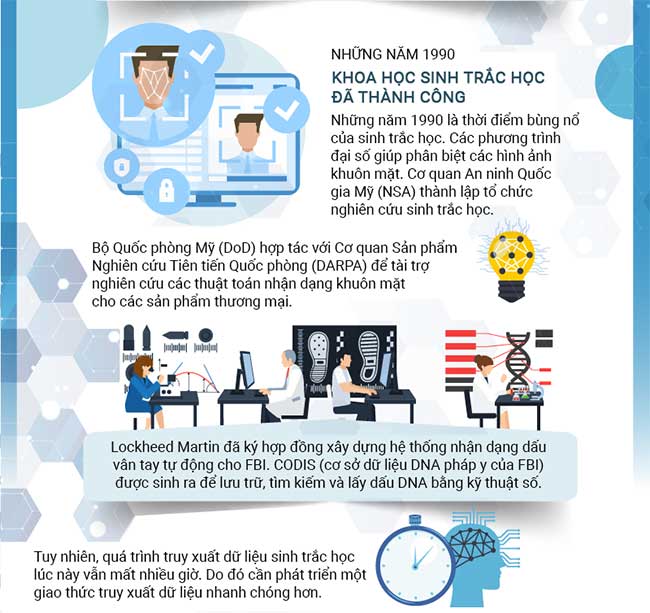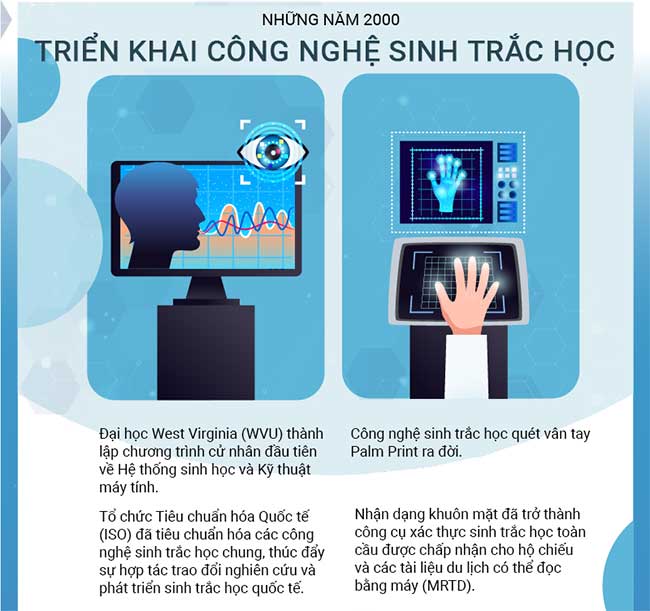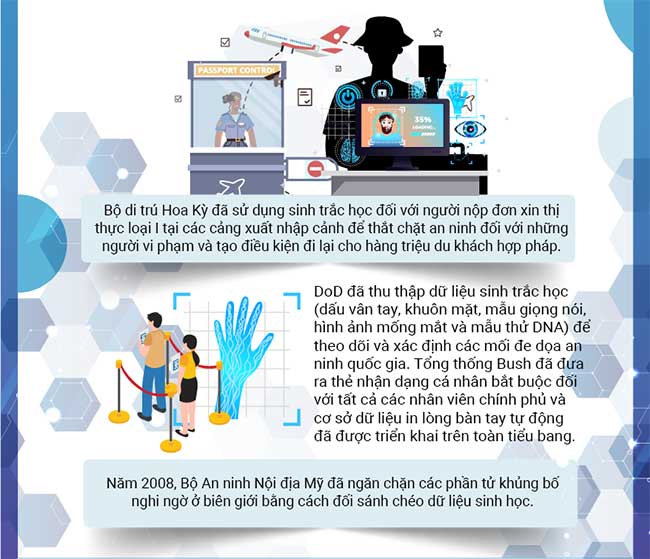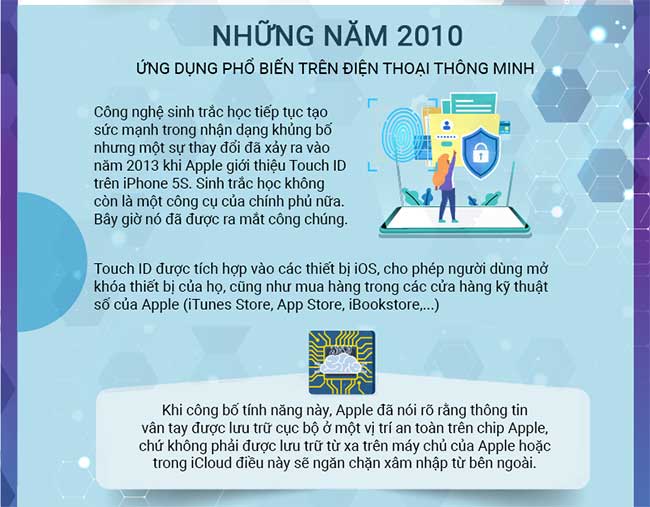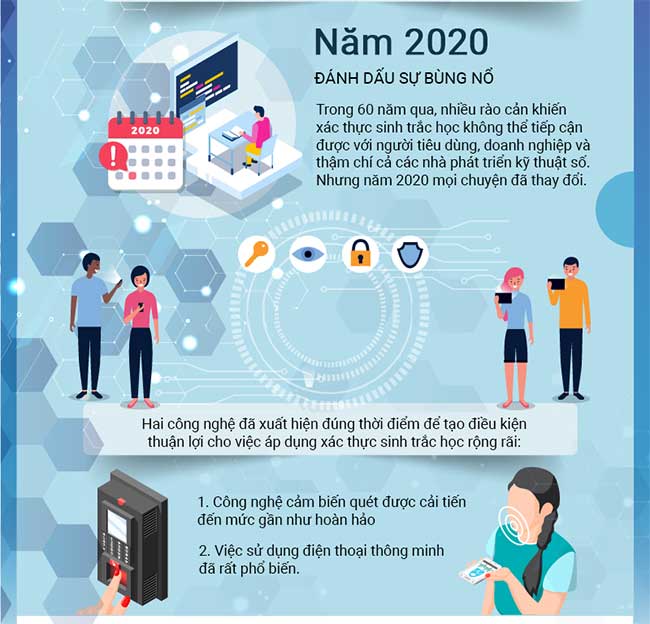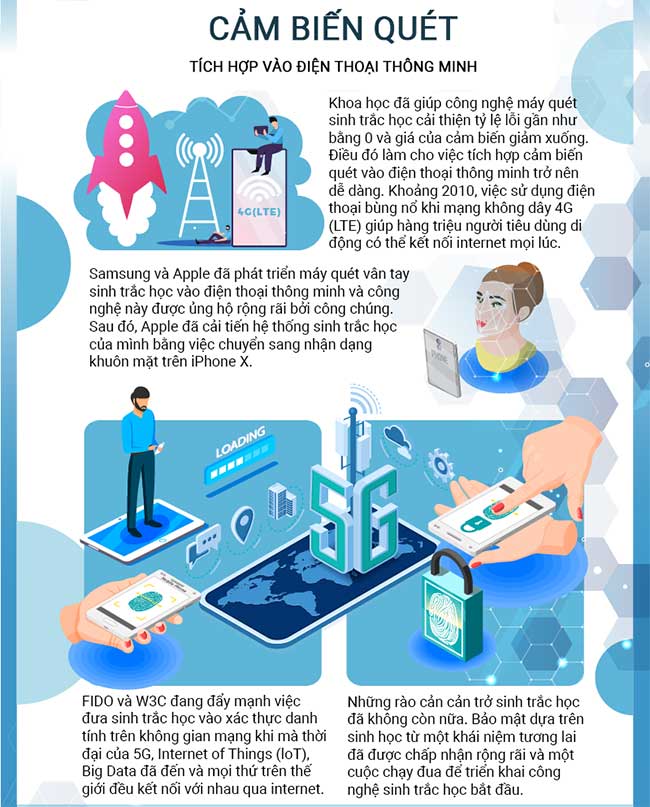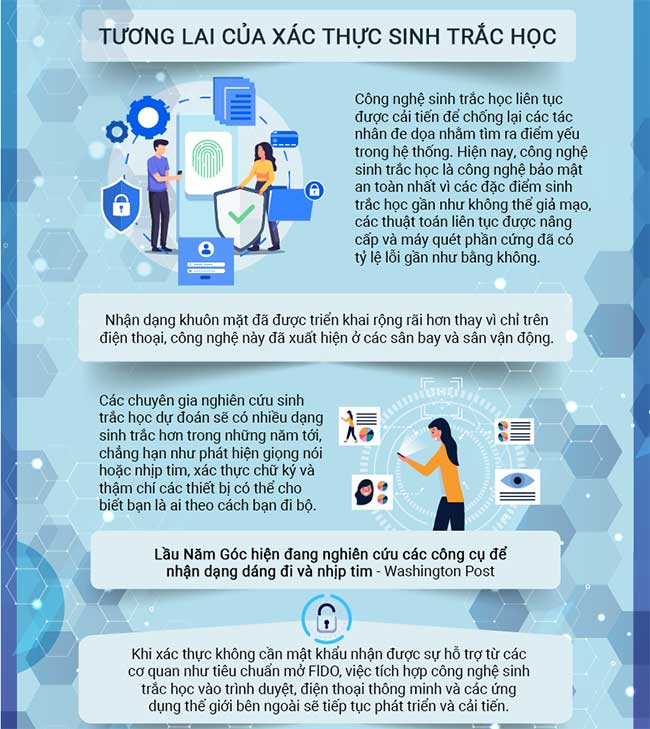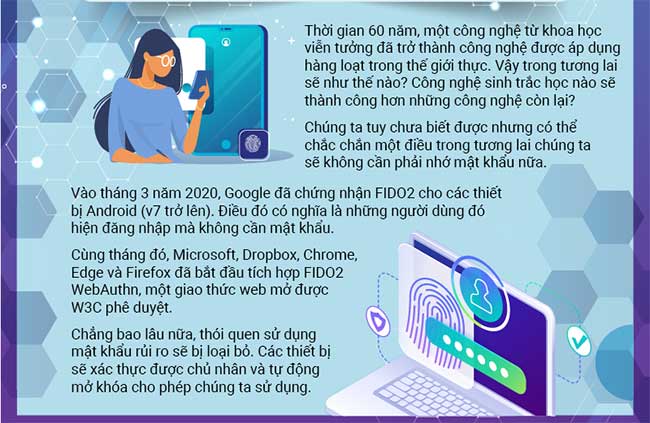More and more consumers are transitioning to the digital world. However, the increasing popularity of online shopping platforms and online financial services has made them targets for cybercriminals.
With potential security threats, businesses must implement robust cybersecurity measures to prevent unauthorized access to their networks. Consequently, biometric technology is considered a viable alternative to traditional identity verification methods. Biometric characteristics are inherently unforgeable, allowing businesses to defend against hackers who seek to exploit vulnerabilities in their systems.
Organizations can utilize identity verification solutions that comply with FIDO2 standards. FIDO authentication solutions leverage biometrics and mobile technology for identity verification. FIDO credentials typically cannot be unlocked without biometric authentication, using either a fingerprint scanner or the integrated camera of the device.
Biometric authentication may sound like futuristic technology, but in reality, the use of biometrics for identification purposes has been in development since the 1800s. Initially based on human voice patterns and fingerprints, it was used to identify criminals. However, as technology advanced, biometric science has also evolved continuously, and today, biometric technology is widely available everywhere, specifically right on your smartphone.



